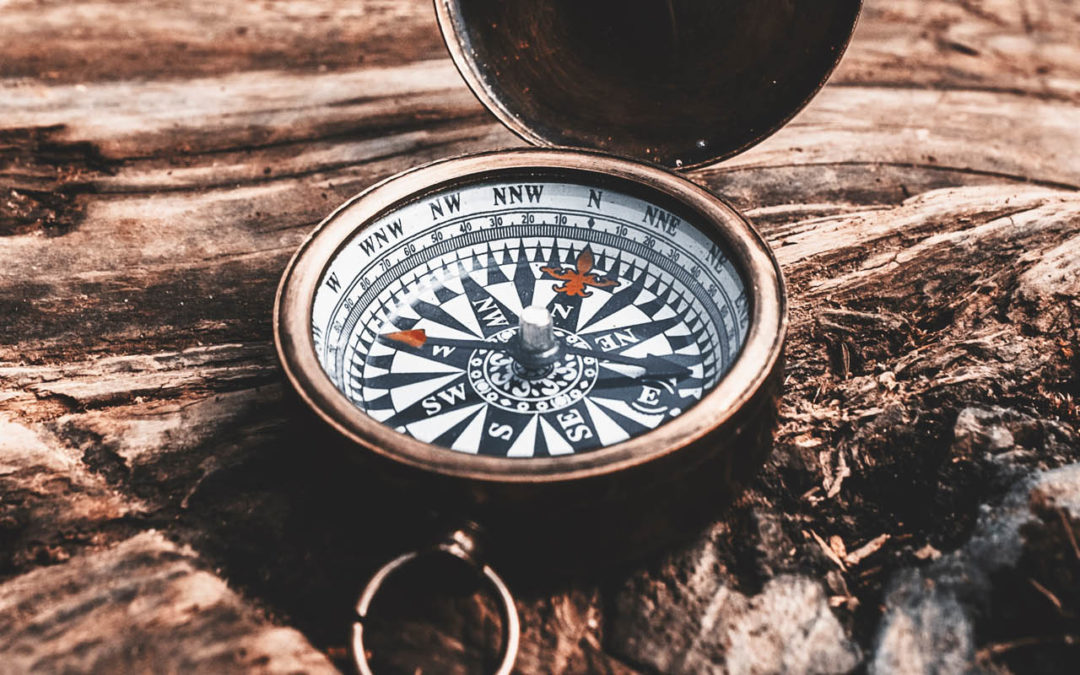By Evan T. Jones
John Cabot’s 1497 ‘discovery’ of North America has been famous since Elizabethan times. When Richard Hakluyt published Divers Voyages (1582), the expedition took centre stage. Hakluyt argued that England had ‘title’ to North America because Cabot had claimed the land for King Henry VII. By this ‘first discovery’ Queen Elizabeth had a right to colonise a continent she already owned. The argument found favour.
Back in the 1490s, few people were interested in colonising North America and the land was not what the explorers were looking for. They were seeking valuable resources, such as brazilwood, or a sea route to China and Japan. So, when later expeditions from Bristol established that a continent blocked the way west, inhabited by hunter-gathers who had little worth trading, English interest waned. In the explorers’ own terms, their venture had failed. And failure attracts few chroniclers.
For historians, the most obvious feature of England’s earliest discovery voyages has been their poor documentation. Lacking detailed accounts from first-hand observers, the story of the voyages has had to be reconstructed from fragments: charters, diplomatic letters, payments. And there are not many of any of these. Until recently, histories of the 1497 expedition were based on about thirty individual texts, some of which consist of no more than a one-line entry in an account book.
It is the paucity of information about the voyages that explains why Dr Alwyn Ruddock, a reader in History at Birkbeck College, became so excited when she made a chance documentary find in the early 1960s. An active member of the Institute of Historical Research, Ruddock was not looking for Cabot: she was investigating medieval Anglo-Italian trade, the field in which she had made her name. Researching this topic in a private Italian archive, Ruddock discovered that a Florentine bank helped finance Cabot. Related sources revealed more about Cabot’s voyages, their precursors and the previously unknown involvement of Italian moneymen. Ruddock’s first finds led her on to new discoveries, providing her with the material for a radical reinterpretation of England’s first voyages of discovery.


Image: The National Archives, E356/23, rot. 4r, account of customers of Bristol.
During the late 1960s and early 1970s Dr Ruddock wrote a few short articles on the Bristol discovery voyages, including one in the IHR’s journal, Historical Research. These established the field as ‘Ruddock’s territory’, a topic that was ‘soon’ to be the subject of a major monograph. But the book never materialised. Ruddock sat on her findings for the next thirty years while she searched for more information to support her interpretation. And then, having monopolised the field for forty years, she ordered in her will that all her research notes and book drafts should be destroyed on her death.
Ruddock’s final orders were carried out faithfully, following her death, aged eighty-nine, in December 2005. Seemingly bizarre and to some people immoral, the loss prompted me to investigate Ruddock’s claims. The first output of this was one of the strangest articles Historical Research has published: a piece framed almost entirely around Ruddock’s 1992 book proposal for the University of Exeter Press. Alwyn Ruddock: ‘John Cabot and the Discovery of America’ was such an odd article that my bosses at the University of Bristol were not sure what to make of it. And others doubted my wisdom in pursuing what they took to be the ramblings of a ‘madwoman’. Still, the piece allowed scholars to move on to a ‘post Ruddock’ era. Moreover, both it, and the related 2010 and 2012 Historical Research articles that followed, caught the imagination of a wider public, who proved to be as interested in the historical ‘detective story’ as they were in Ruddock’s actual findings. The result was that ‘Alwyn Ruddock’ became the most downloaded article in the journal’s history, while the subsequent pieces, by myself and by my collaborators, received international press coverage. In the process, our work has stimulated interest in the process of historical investigation. If it has done nothing else, it has hopefully communicated a point that is obvious to historians, but which comes as a surprise to many members of the public. This is that ‘History’ is a living subject, full of excitement and new discoveries: that if ‘the past is a foreign country’, historians are its pith-helmeted explorers.

Margaret Condon
The latest article is the fourth to be published in this journal and the first peer-reviewed article to be co-authored by Margaret Condon. In an earlier life she was the discoverer of the documents on which the 2010 article was based, and since 2009 she has been my chief collaborator on the Cabot Project. Much of the current article is based on Margaret’s research, including the relocation of the two key ‘Ruddock’ documents the article considers at its start. In the article, we investigate William Weston, ‘the most important English explorer who, until recently, nobody had ever heard of’. This minor merchant emerges as a companion and supporter of John Cabot, the first Englishman to lead an expedition to North America and, possibly, the first navigator to seek a North West Passage around the continent. What sort of man was William Weston and what motivated him to engage in such a dangerous enterprise? Our findings are not entirely complimentary. But perhaps that suits the reinterpretations of a post-colonial age. We no longer venerate men like Columbus, Vespucci or Cabot in the way people did during the heyday of Europe’s empires. But such re-evaluations do not make the explorers’ actions less remarkable, or less significant. For good and bad these adventurers brought the Old World and New World together, initiating a process that would ultimately remake both.
 Dr Evan T. Jones is Senior Lecturer in Economic and Social History at the University of Bristol and Principal Investigator on the Cabot Project.
Dr Evan T. Jones is Senior Lecturer in Economic and Social History at the University of Bristol and Principal Investigator on the Cabot Project.

